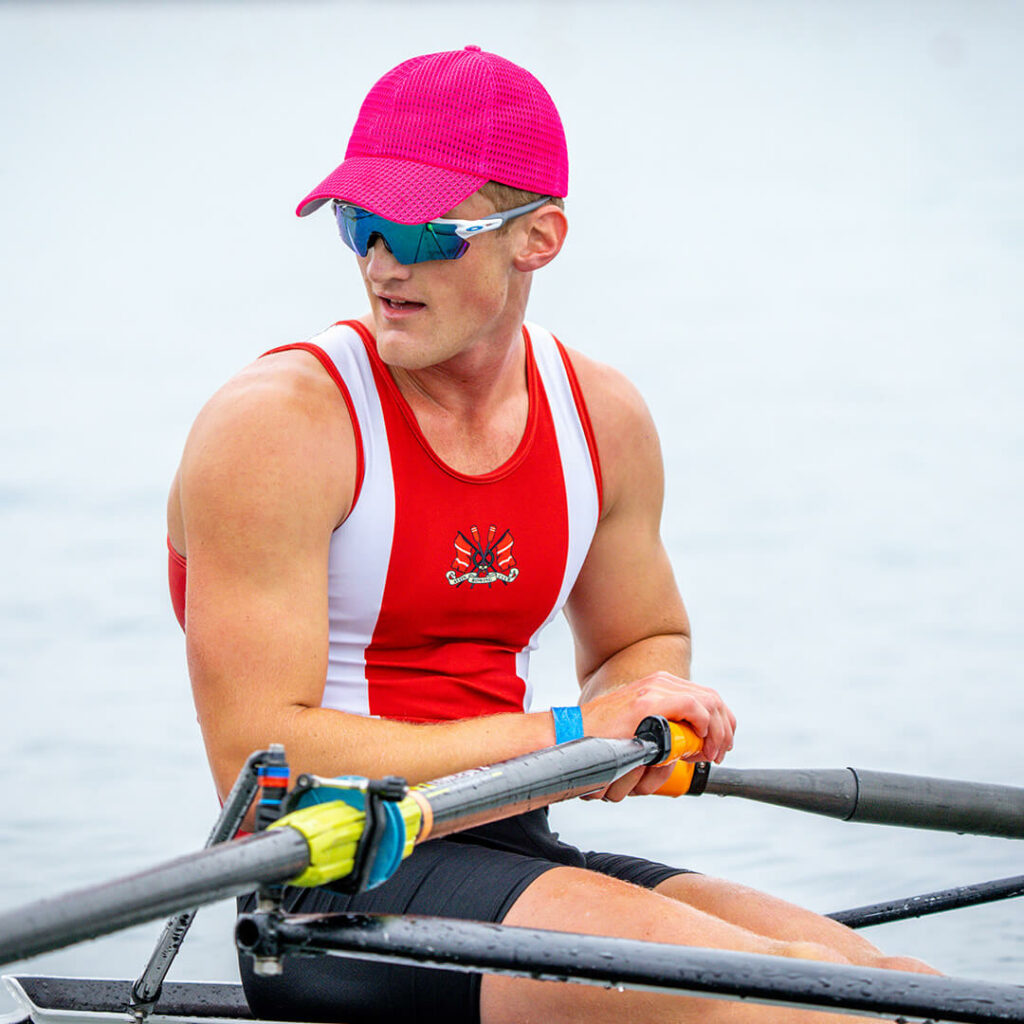With Robbie Manson locking in the single scull spot for New Zealand at the most recent Rowing World Cup, the rowing world’s attention has turned to Mahe Drysdale and what his next move will be. Straight after the World Cup final, Mahe made it clear that he was keen to move into another boat for the upcoming World Champs, before contesting the single again next year. With that the hot topic of conversation at the moment, we thought we’d take a quick look at boat specialisation, what it means, and whether jumping into a new boat combo close to an event is something that can be done easily.
For most Club and School rowers, boat specialisation is something of a luxury. During the season you’ll end up jumping from boat to boat, combination to combination, and racing multiple events in a day or in a regatta. Even at Nationals it’s pretty normal to race two or three events. At our local pinnacle events, you won’t see too many people specialising in just one boat or combination. However, when you hit the international scene, where rowers have to perform at their peak and race results can come down to millimetres (can you remember that Rio men’s single?!)…boat specialisation is the norm. The top rowers tend to be the most skillful and able to switch between boats, but at that elite level it’s rare to see anyone doubling up in any combination, and most countries like to have their boats selected months in advance of the big races.
The benefits to specialisation in one boat class are pretty clear. For a single sculler it’s pretty crucial – races are won and lost on how well a sculler can move their boat, and how well they can push without any other motivation around them. For crew boats, the longer you row with someone, the more likely it is you are to get in sync – particularly when the pressure comes on. So the question is – why don’t we all specialise in one boat to hit the top of our game at Nationals? The answer to that is probably that as a Club or School rower, you really don’t want to become a one trick pony. If you want to hit the top of your rowing game, at some point you’ll need to row with someone else, and you’ll need to make that new combination work. An eight gives you different boat feel to a pair, just like a quad can help your speed in a single. Behind the scenes even those rowers with the highest level of specialisation will still hop into other boats to help them with their own feel and technique – the big difference is, they tend to have one shot every four years to pull off the biggest race of their lives…so the more time they can get in their target boat, the better.
Which brings us back to a last minute crew change or boat change. It’s fair to say, that’s not an ideal scenario. Changing boats or combinations the day or week before a big race is probably going to have a detrimental effect in that the boat isn’t likely to come together as well as it could with more time under it’s belt. That said, what Mahe is looking at doing has a much longer lead in time than that – and he is a seasoned campaigner who will be able to slot into a combination in a month and make it hum. Rowing New Zealand will likely look at two things – will putting him in a boat have a positive long term result for that boat, and/or will putting him in a boat increase it’s chances of doing well (and ultimately securing more funding for the sport). That’s not a decision we’re equipped to make, but watch this space as there are sure to be some ding dong battles as rowers fight to keep their seat from the old campaigner wanting to slot in for this World Champs!


